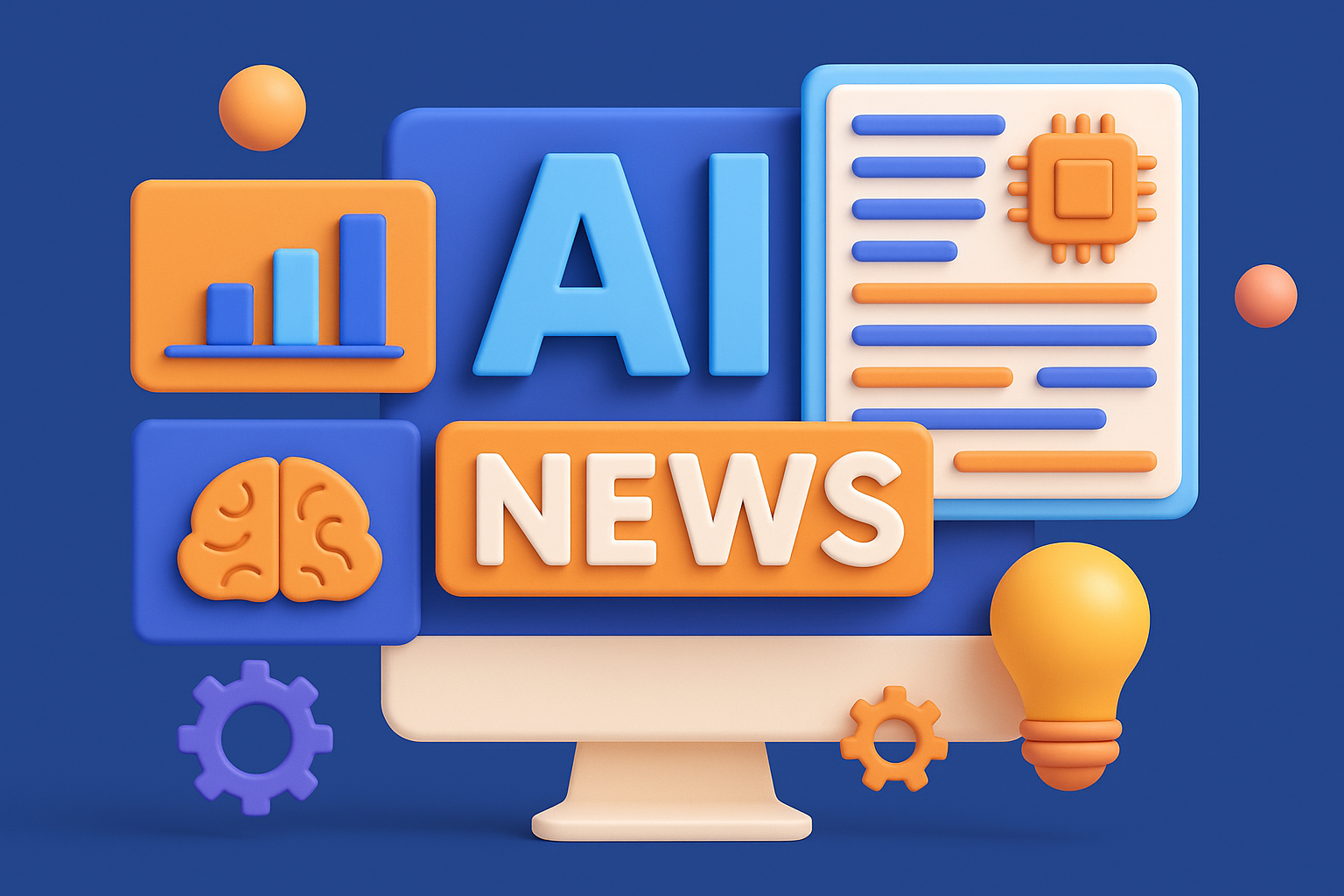India Accelerates Indigenous AI Development
India is intensifying its efforts to develop indigenous AI foundation models by expanding the scope of its initiatives. On May 31, 2025, the government announced the selection of three additional teams—Soket AI, Gan AI, and Gnani AI—to join the national AI development program. These teams will work alongside Sarvam AI, which had previously been selected, to create foundational AI models tailored to India’s unique needs. The initiative reflects India’s strategic emphasis on self-reliance and technological innovation in artificial intelligence, aiming to position the country as a global player in the rapidly evolving AI sector.
Google Introduces AI Mode in Search
Google has unveiled a major overhaul of its search engine by introducing an “AI Mode” that offers conversational, chatbot-like interactions, akin to ChatGPT. This update, now available to all U.S. users via Google Search and Chrome, is part of a broader push to integrate generative AI into Google’s services amid increased competition from OpenAI and Anthropic. CEO Sundar Pichai called it a “total reimagining of search,” highlighting its potential to serve 8.5 billion daily queries more intelligently.
Meta Restructures AI Teams
Meta is restructuring its artificial intelligence (AI) teams to accelerate the development and deployment of new AI products and features amid increasing competition from companies like OpenAI, Google, and ByteDance. According to an internal memo obtained by Axios, Chief Product Officer Chris Cox announced the creation of two new AI divisions: the AI Products team led by Connor Hayes and the AGI Foundations unit co-led by Ahmad Al-Dahle and Amir Frenkel. The restructuring aims to increase ownership within each organization while clearly defining team dependencies.
Waymo Expands Autonomous Ride Services
Waymo, Alphabet’s autonomous vehicle subsidiary, has rapidly advanced in deploying self-driving taxis, particularly in U.S. cities like San Francisco, Phoenix, and Los Angeles. Since offering limited paid rides in 2023, Waymo has surpassed 10 million cumulative autonomous trips in 2025, with exponential growth suggesting a trajectory toward 20 million by year-end. The company plans to expand into cities such as Atlanta, Miami, and Tokyo, with test mapping underway in multiple others.
Lockheed Martin Advances Pilot-Optional F-35
Lockheed Martin is advancing the F-35 stealth fighter jet toward becoming “pilot optional,” according to CEO Jim Taiclet. At the Bernstein’s Strategic Decisions Conference, Taiclet introduced the concept of a “fifth-gen-plus” upgrade that could be implemented within two to three years, featuring enhancements in stealth coatings, electronic warfare, and weapon capabilities. These upgrades parallel U.S. Air Force priorities in autonomous systems, notably through the Collaborative Combat Aircraft (CCA) initiative.
Cerebras Surpasses NVIDIA in AI Performance
AI hardware maker Cerebras announced its systems surpassed NVIDIA’s DGX B200 with Blackwell GPUs in output token speed on Meta’s Llama 4 Maverick Model. Cerebras achieved over 2,500 tokens/second, significantly outperforming NVIDIA’s 1,000 tokens/second, claiming to be the only vendor to beat Blackwell for this specific model. Utilizing its Wafer-Scale Engine (WSE) technology, Cerebras specializes in AI inference, a capability that recently led to a partnership with Meta for faster inference access.
Meta Automates Risk Assessments with AI
Meta plans to replace humans with AI to assess risks. Current and former Meta employees fear the new automation push comes at the cost of allowing AI to make tricky determinations about how Meta’s apps could lead to real-world harm. For years, when Meta launched new features for Instagram, WhatsApp, and Facebook, teams of reviewers evaluated possible risks. But now, according to internal company documents obtained by NPR, up to 90% of all risk assessments will soon be automated.
Apple and Samsung Embrace AI in Devices
This week’s tech highlights include major updates across several big names. Apple is set to unveil a rebranding of its operating systems at WWDC 2025, shifting to a year-based naming convention starting with “iOS 26” and “watchOS 26”, and introducing a unified design aesthetic across platforms. OnePlus is integrating AI more deeply into its devices with features like the customizable Plus Key and AI Plus Mind, beginning with the OnePlus 13s, launching in select markets this June. Samsung confirmed that its upcoming Galaxy Z Fold7 and Z Flip7 will be the first to launch with One UI 8 and Android 16.
AI’s Role in Google’s Antitrust Trial
During closing arguments in the Google antitrust remedy trial, U.S. District Judge Amit Mehta pressed the Department of Justice (DOJ) on the role of artificial intelligence (AI) in shaping the future of search competition. Mehta sought clarity on whether the DOJ believes new search engines could emerge amidst the rise of generative AI. DOJ attorney David Dahlquist affirmed this possibility, emphasizing that AI is becoming the new gateway to search.
AI’s Impact on Employment
One of the new AI avatars was called Alex, a non-binary student and a “specialist” in queer subjects. In Poland, we are still fighting for queer rights, and as journalists, it’s incumbent on us to have real representation when reporting on this. For my colleague and the LGBTQ+ community, it was shocking and damaging to hear their lived experience and knowledge being imitated by AI.
Stay tuned for more updates on the evolving landscape of artificial intelligence.


